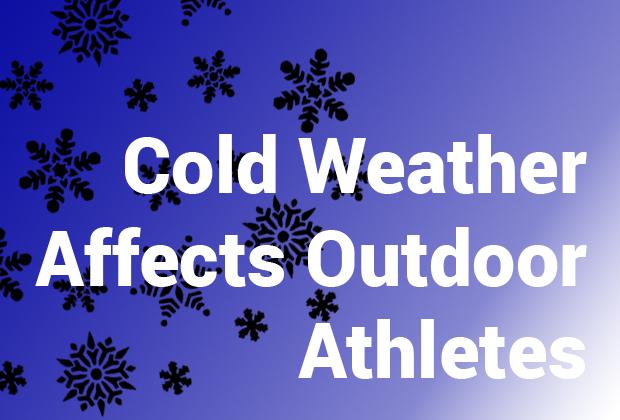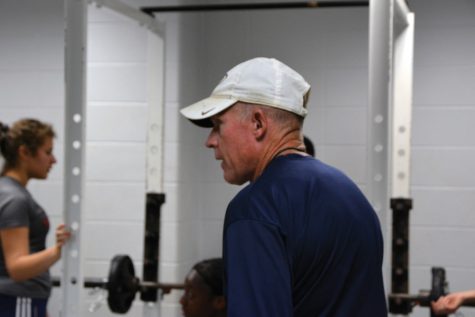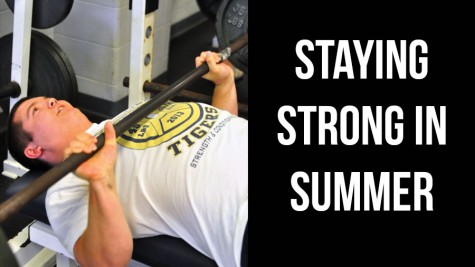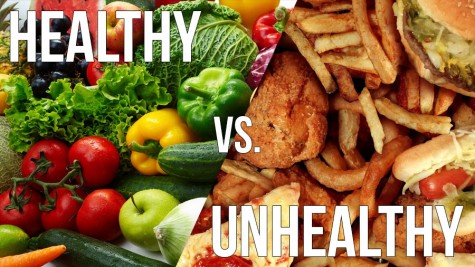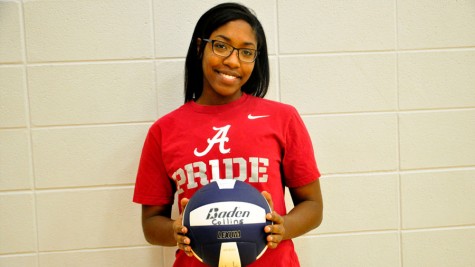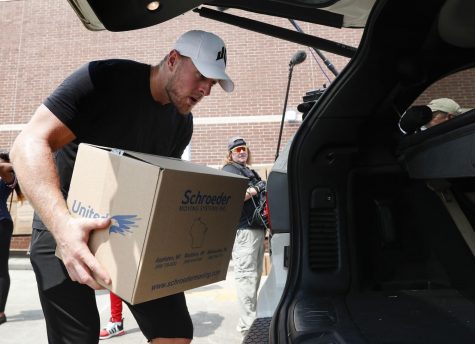Cold weather affects outdoor athletes
With cold weather approaching, the University Interscholastic League believes that it is important for athletes, trainers and coaches to be aware of possible effects, illnesses and injuries related to cold weather.
The risk of cold weather-related issues increases with low temperatures, combined with conditions of fatigue, dehydration and wet clothing, which are commonly associated with exercise. Softball and cross country coach Audra Troutman considers “cold weather” a subjective expression, meaning something different to each athlete.
“Some players can get colder than others during practices or games,” Troutman said. “I don’t think it really affects them unless it’s really, really cold outside, especially in softball.”
Stated in World of Sports Science, cold temperatures affect bodily systems negatively because the body’s way of retaining heat is extremely less efficient than the way it dissipates heat. Various studies show that exercising in cooler conditions increases the risk for cardiovascular problems because airway passages narrow, making it difficult to breathe.
“It definitely has an effect on performance because it’s painful to breathe,” senior football player Darin Kyle said. “The cold air dries out the throat and air passages faster and it feels like needles going down the throat, it’s almost impossible not to cough.”
Other athletes are not fazed by the potential affects that the dropping temperatures can have, like freshman swimmer Madison Newton.
“I don’t think it’s any excuse to slow practices at all,” she said. “I think the worst that could happen is getting a little sick, but that is even unlikely.”
Newton considers warming up an important factor in sports performance because the body needs time to adjust to new conditions. According to Sports Medicine Information, warm-ups typically consist of cardiovascular exercises that increase circulation and body temperature, stretching to warm the muscles and prepare them for the movement required and strength drills to prepare the body for sudden movement. SMI says that these are natural ways to increase the heart rate and blood flow as well as loosen the joins, all of which are beneficial to health and performance.
“When it’s cold outside, muscles tend to get tighter and contracted to keep the body warmer and tight muscles can lead to an easy injury and affect performance,” senior baseball player Peyton Yost said. “Warming up is essential to maximize performance and keep the body healthy.”
Cold weather is a natural part of life and practicing in it is essential to training success, according to these athletes; despite the affects it can cause.



